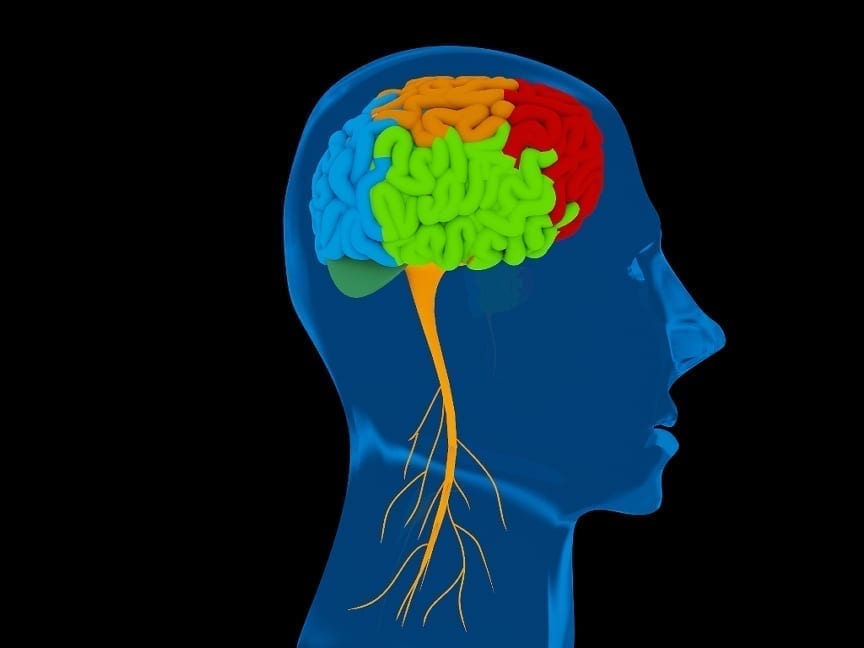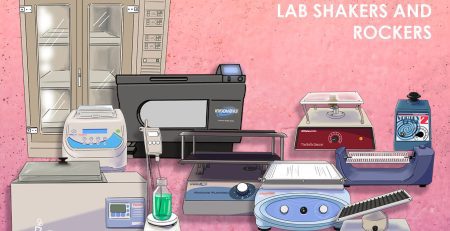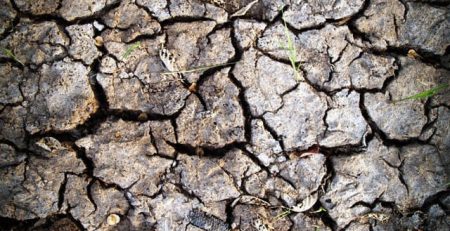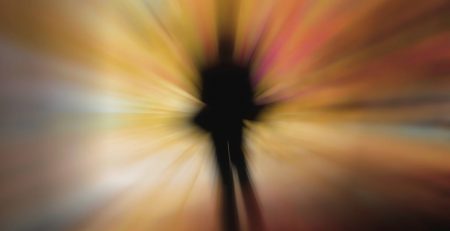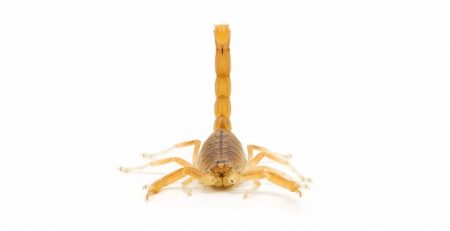Top Ten Science Discoveries of 2013 (1 Through 3)
3. Sleep Cleans the Brain:
During sleep ,brain cells shrink allowing fluids to flush out the toxic by-products of normal brain function, such as beta-amyloid proteins. Fluid flushes out these Alzheimer’s causing proteins at twice the rate during the night as they do during wakefulness. “Staying up all night could prevent the brain from getting rid of these toxins as efficiently, and explain why sleep deprivation has such strong and immediate consequences. Too little sleep causes mental fog, crankiness, and increased risks of migraine and seizure. Rats deprived of all sleep die within weeks. Although as essential and universal to the animal kingdom as air and water, sleep is a riddle that has baffled scientists and philosophers for centuries.”
2. Forty Billion Habitable Planets in Milky Way:
New estimates based on NASA’s Kepler spacecraft data suggest that 1 out of 5 Sun-like stars in the Milky Way Galaxy has planets that are Earth sized and within the “Goldilocks zone” (the Goldilocks zone is the region near a star in which liquid water could theoretically exist). Of course, having liquid water, a key ingredient of life as we know it, is very important to us as it could be the key to discovering familiar lifeforms or distant, habitable planets.
1. 400k Year Old Human Genome Sequenced:
The mitochondrial genome of a 400,000 year old hominin from modern day Spain was sequenced for the first time. This is almost four times older than any other human DNA sequence. The sequence bears resemblance to both Denisovans and Neanderthals, but most closely to Denisovans (which are a hominin species from Siberia that was recently sequenced from a 40,000 year old bone). This year the oldest sequenced genome ever came from a 700,000 year old horse from the Yukon Territory of Canada.




